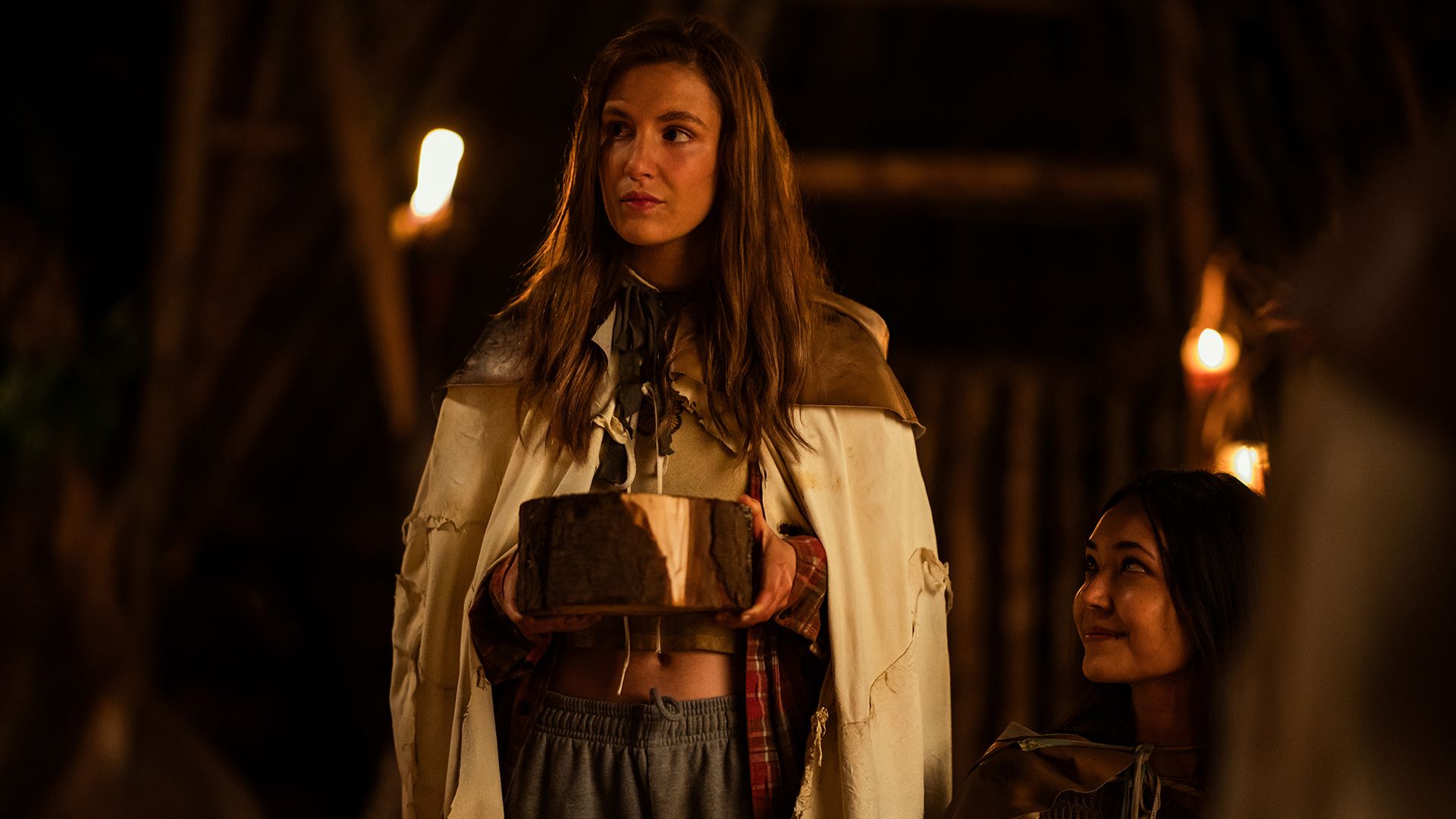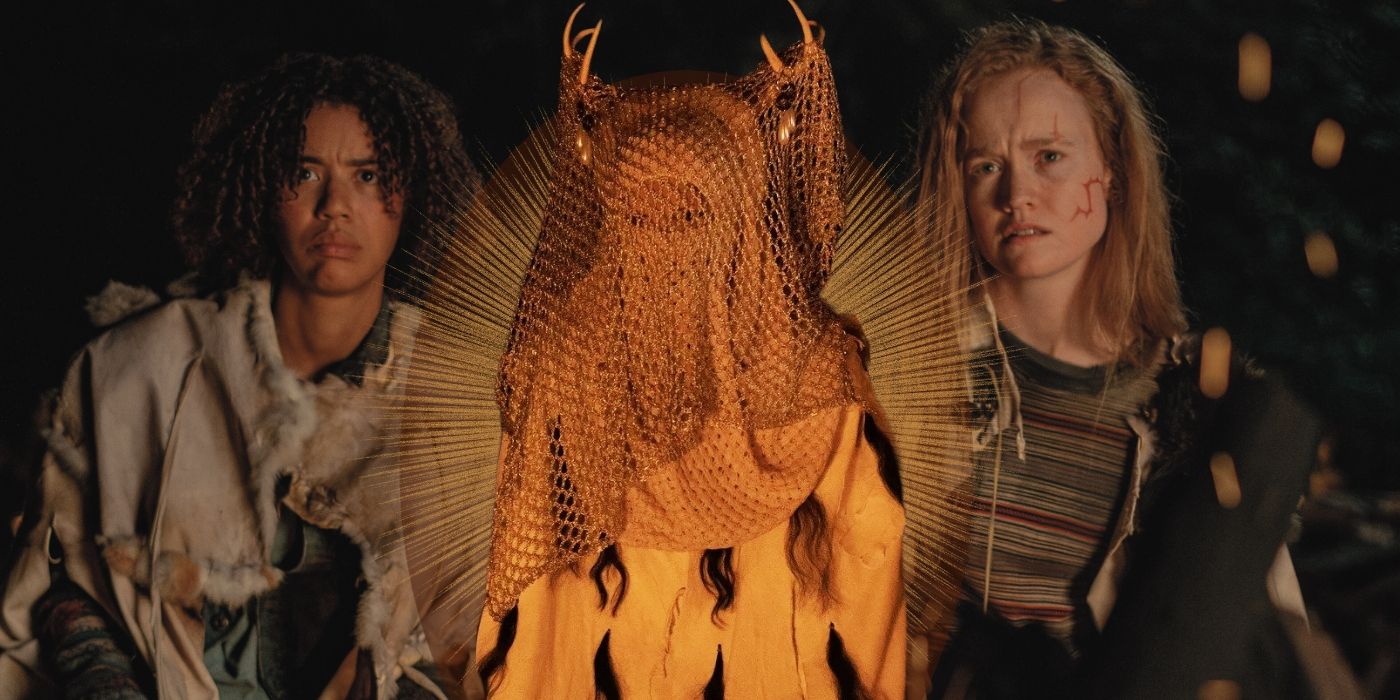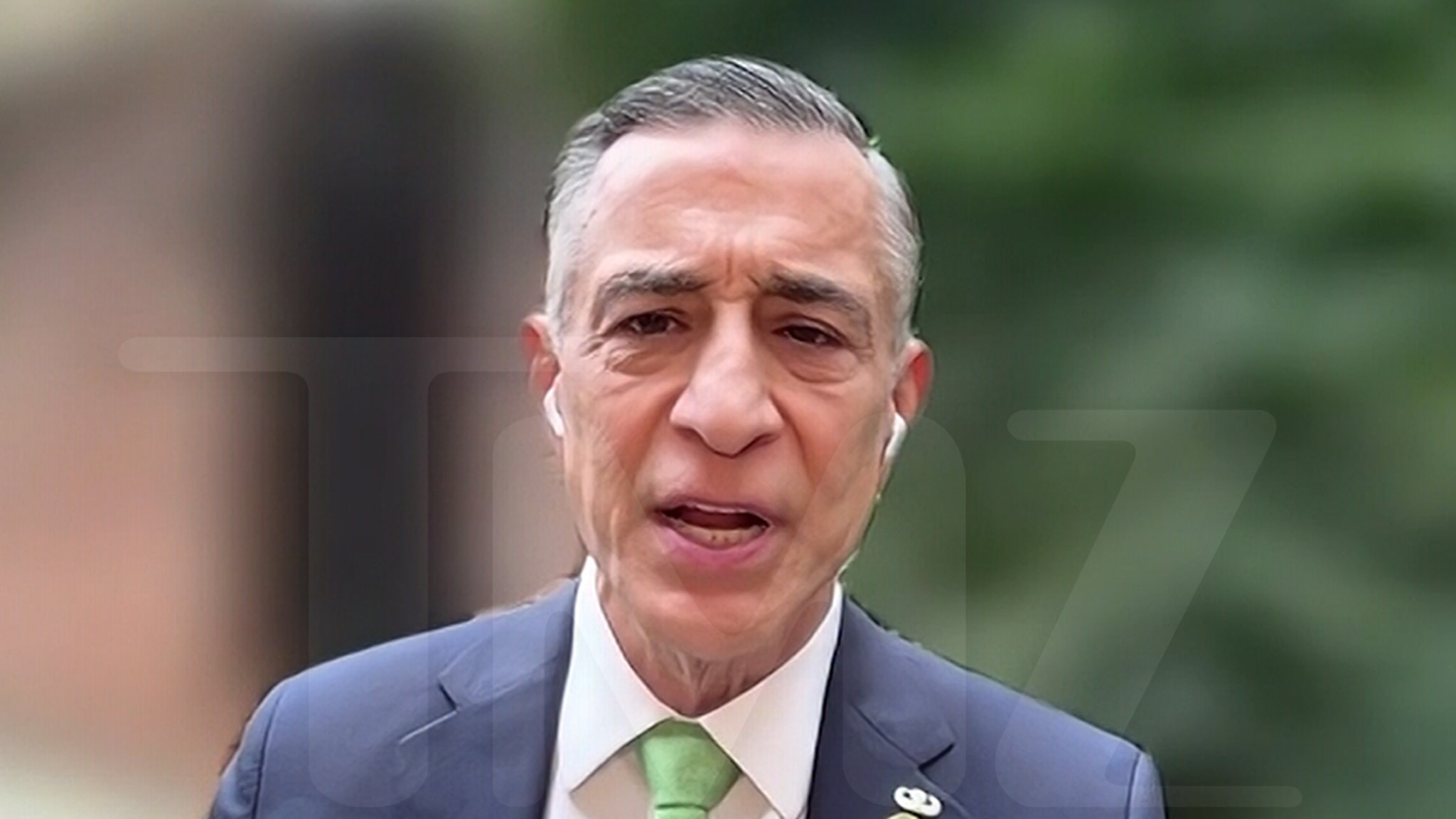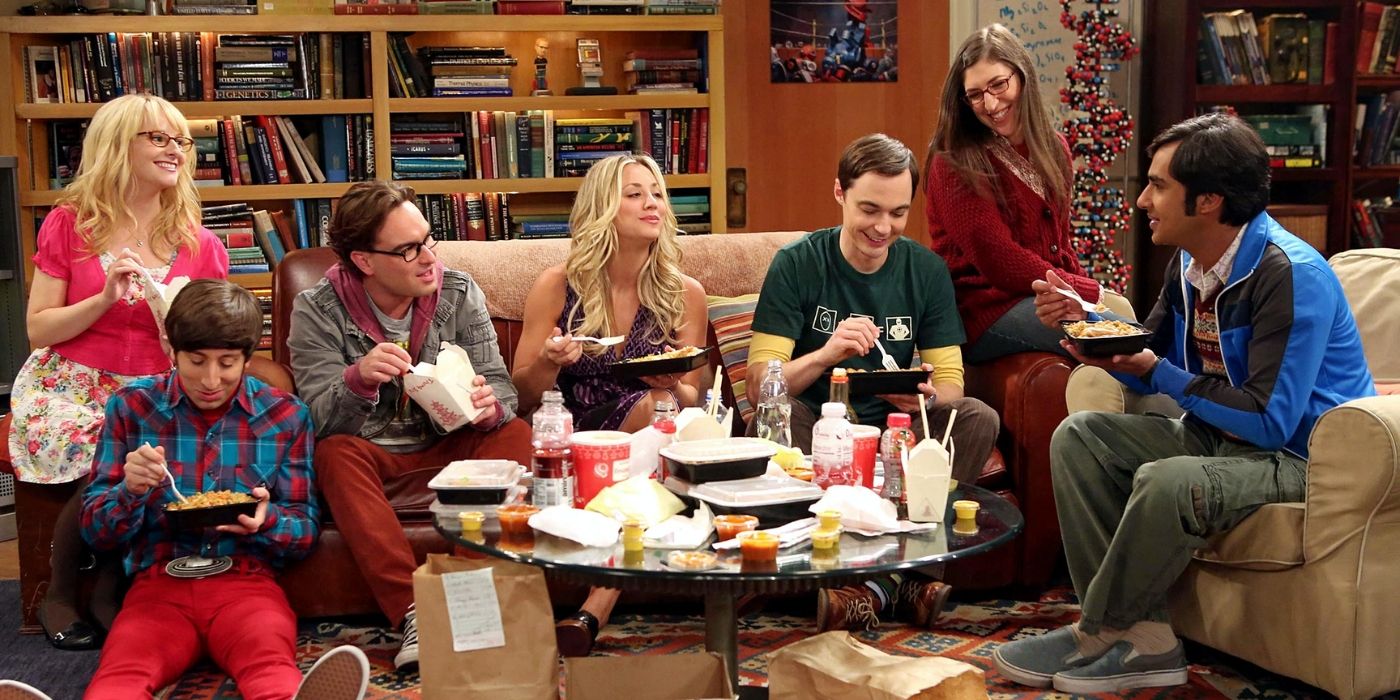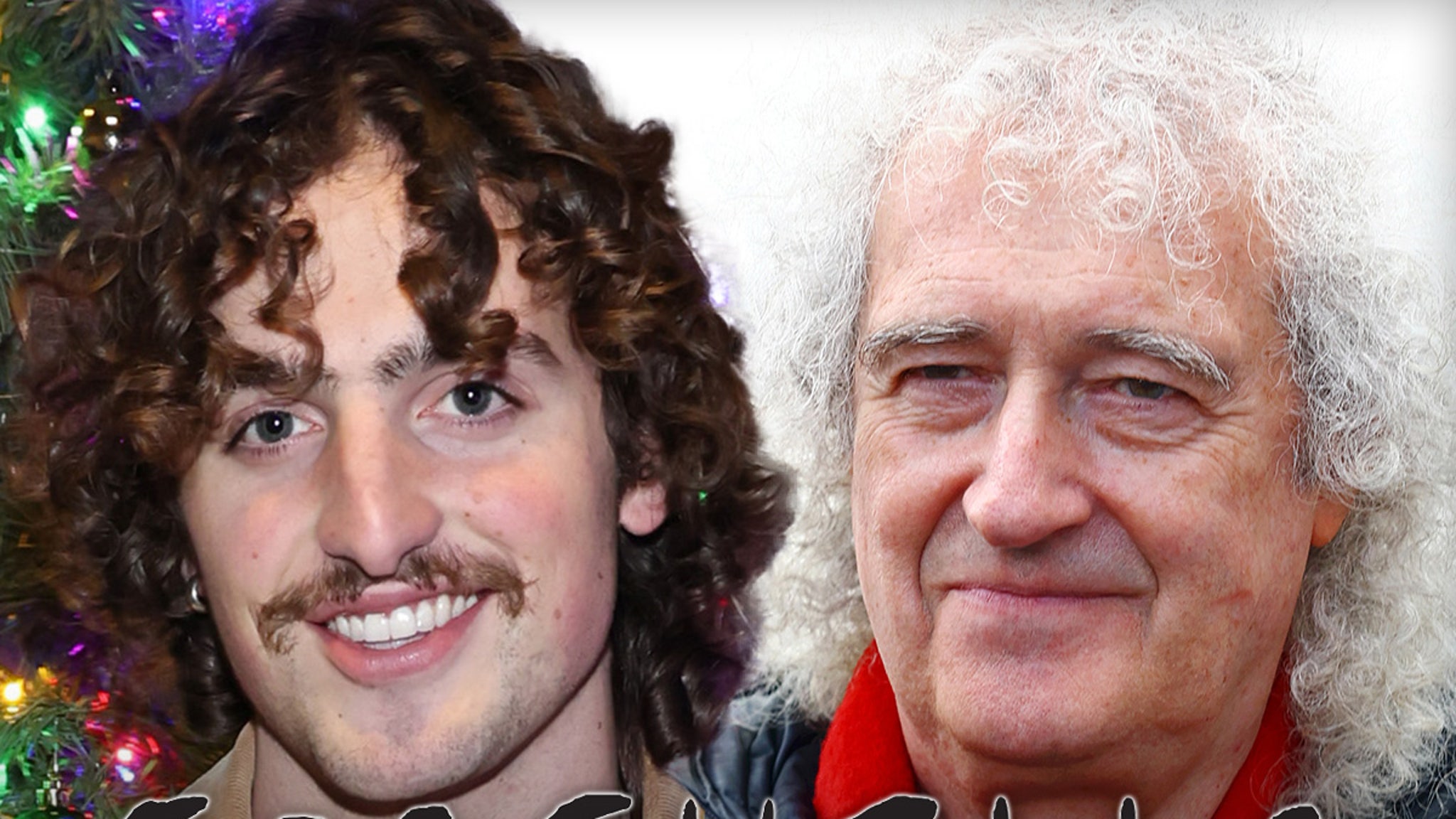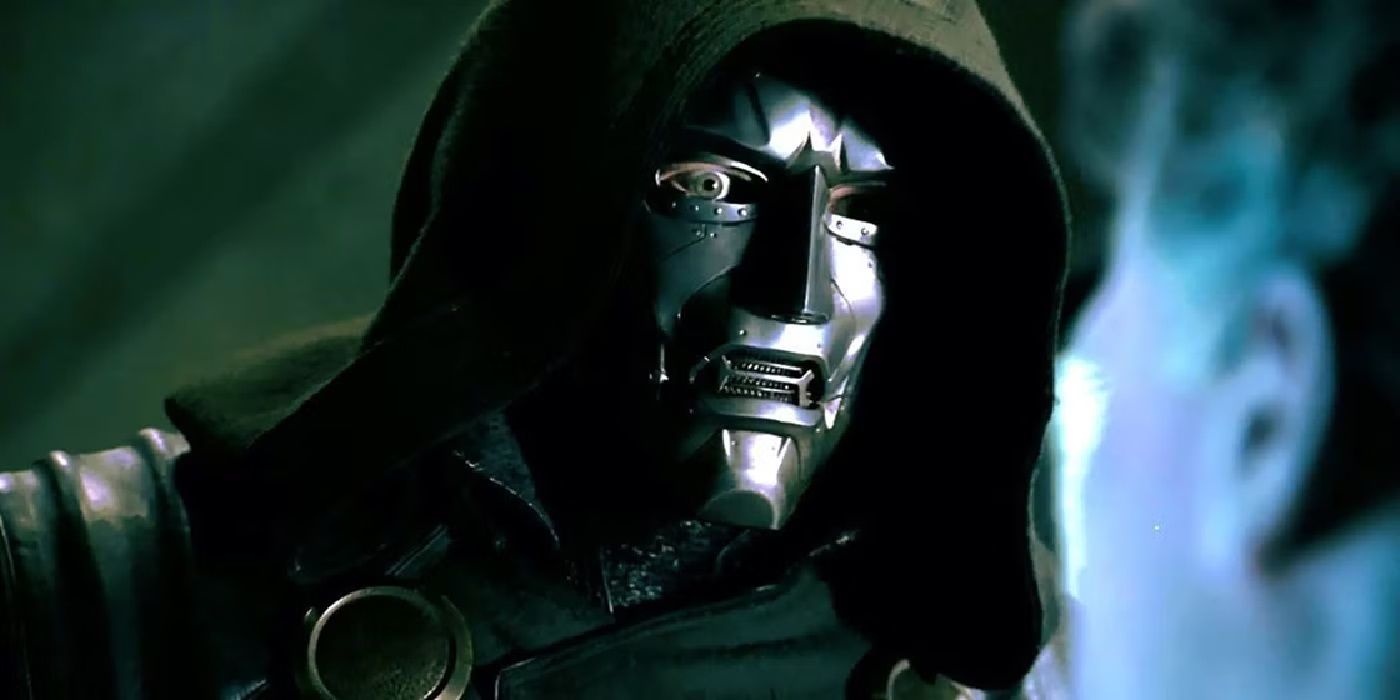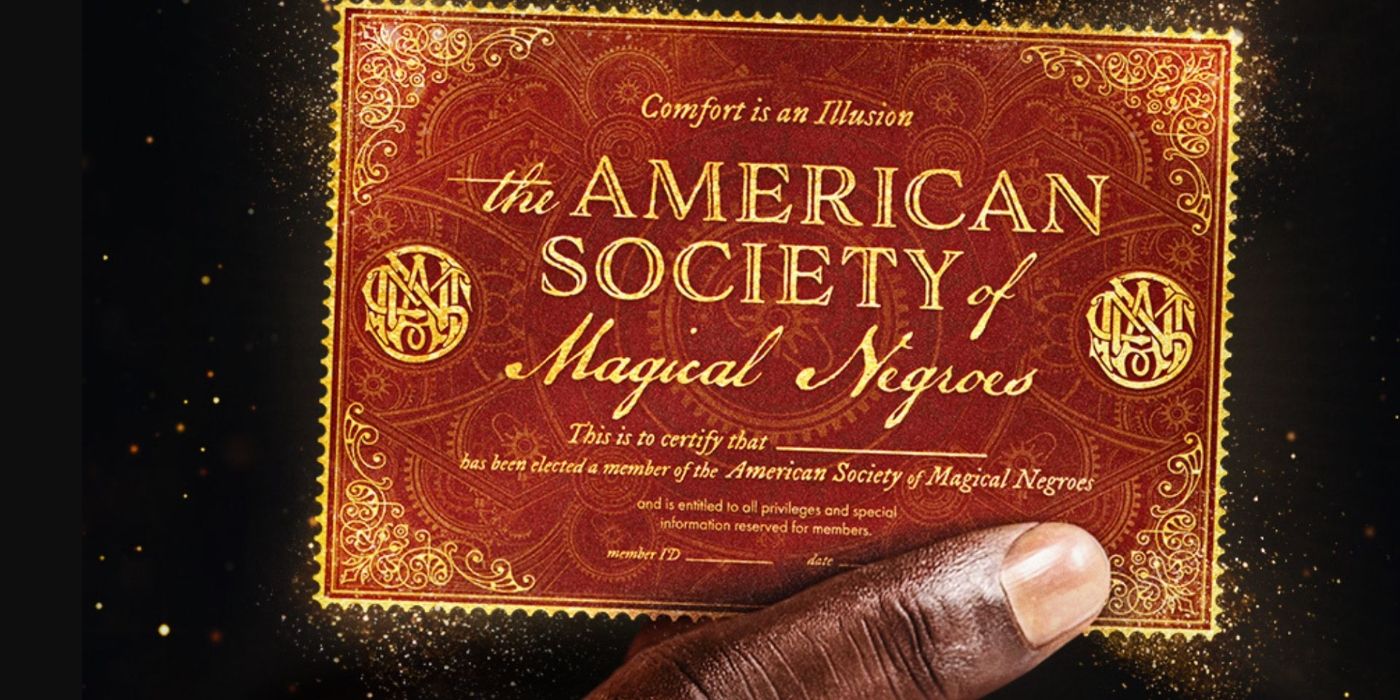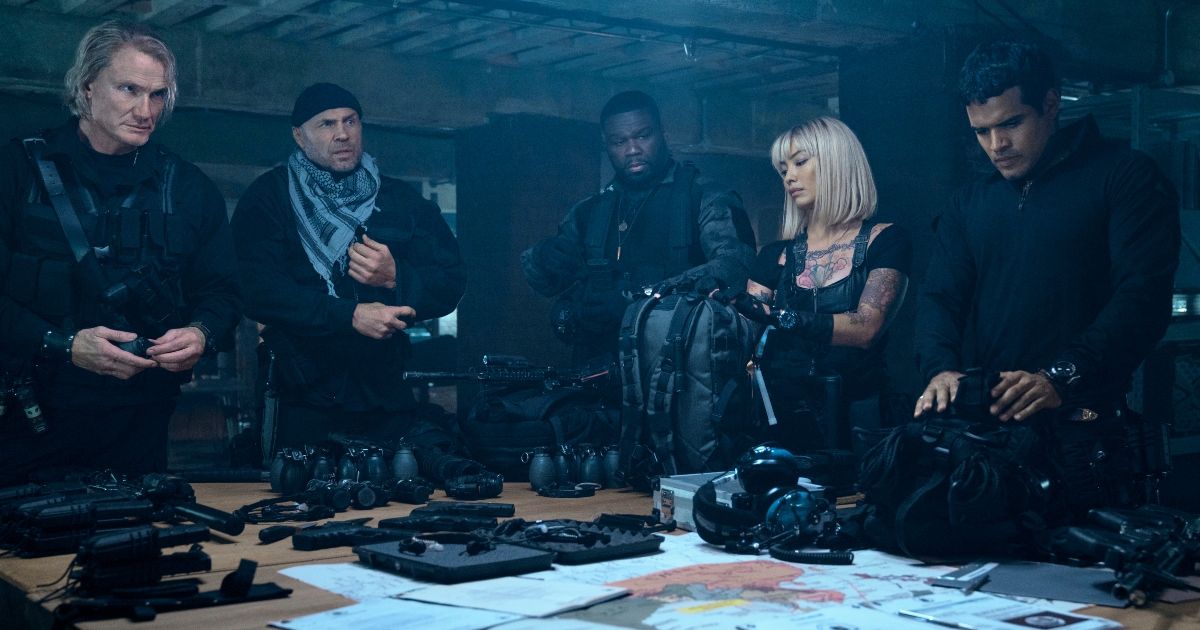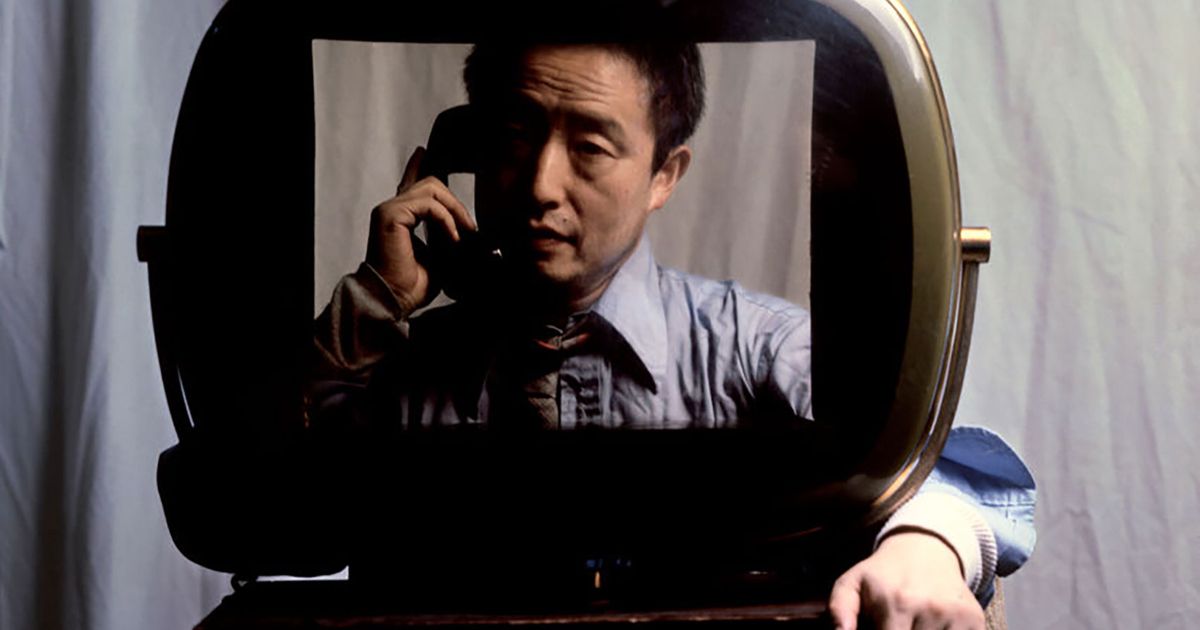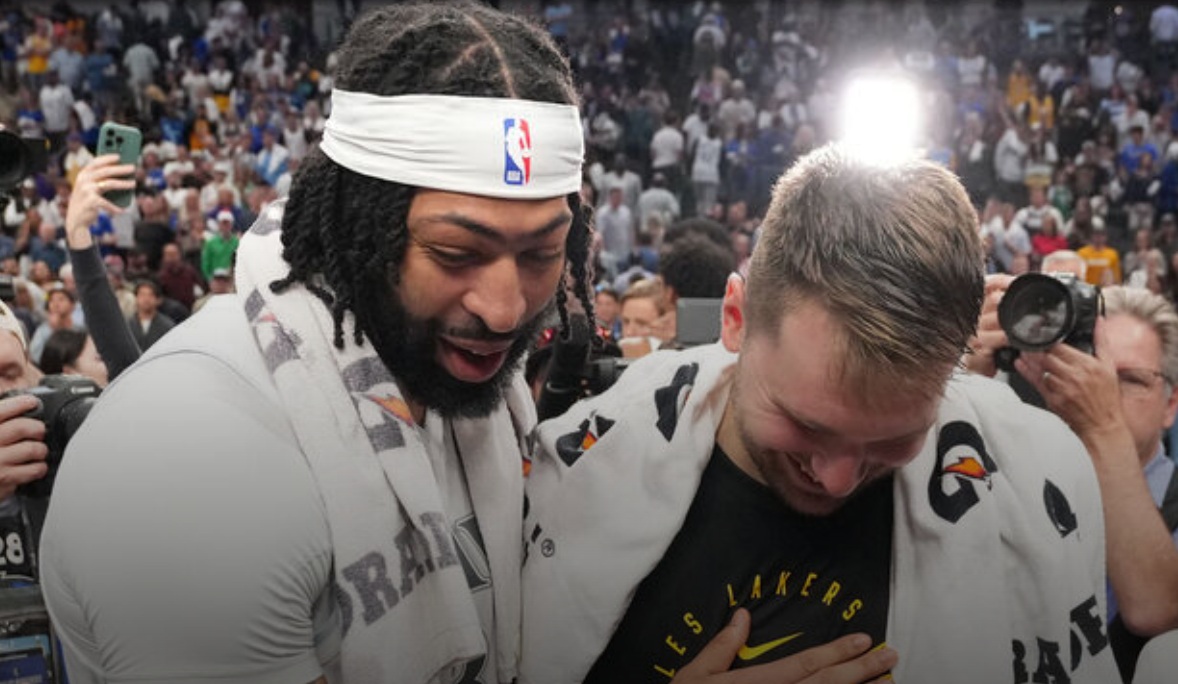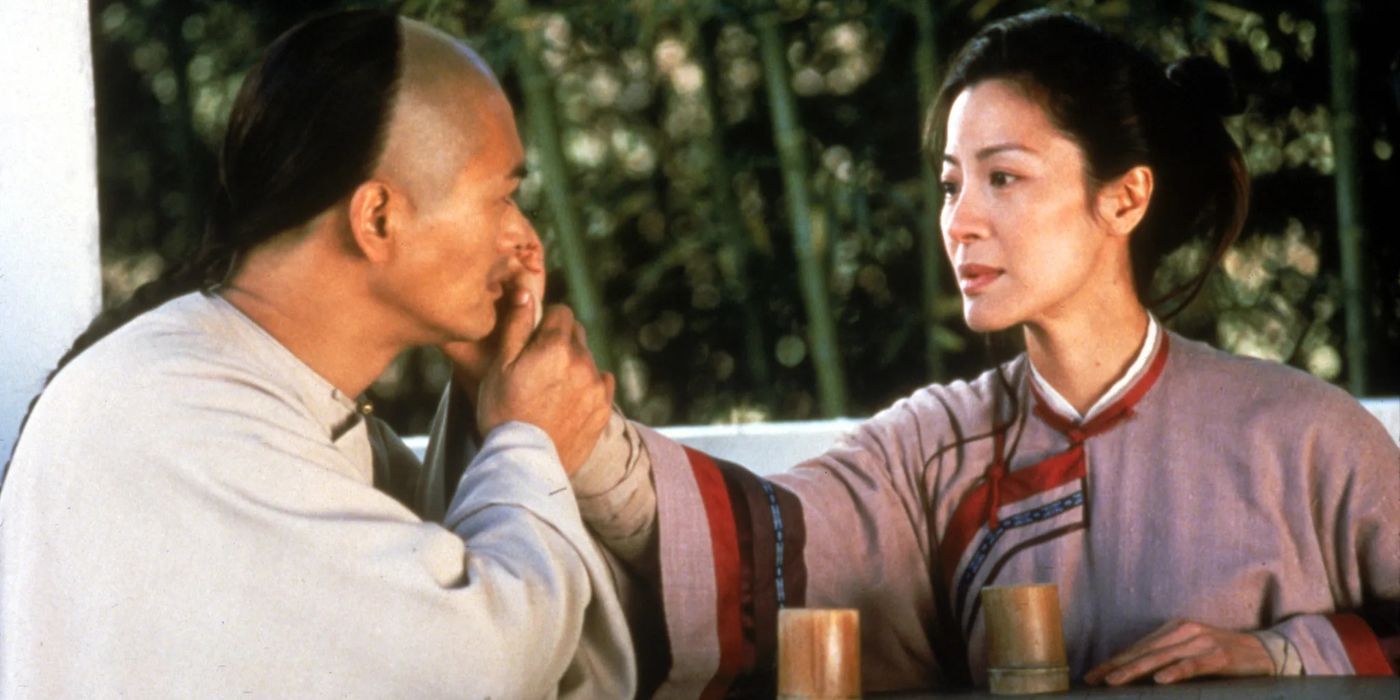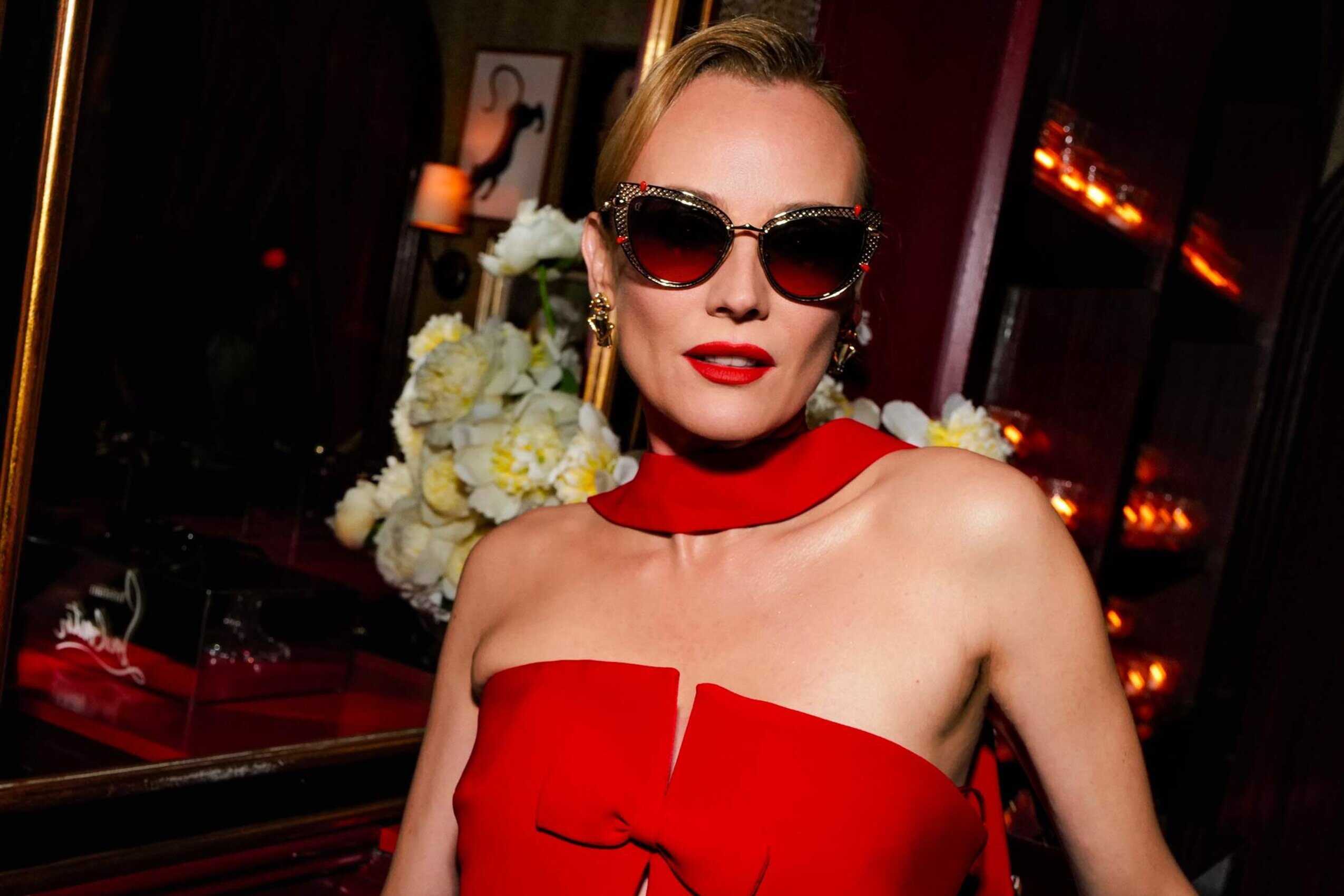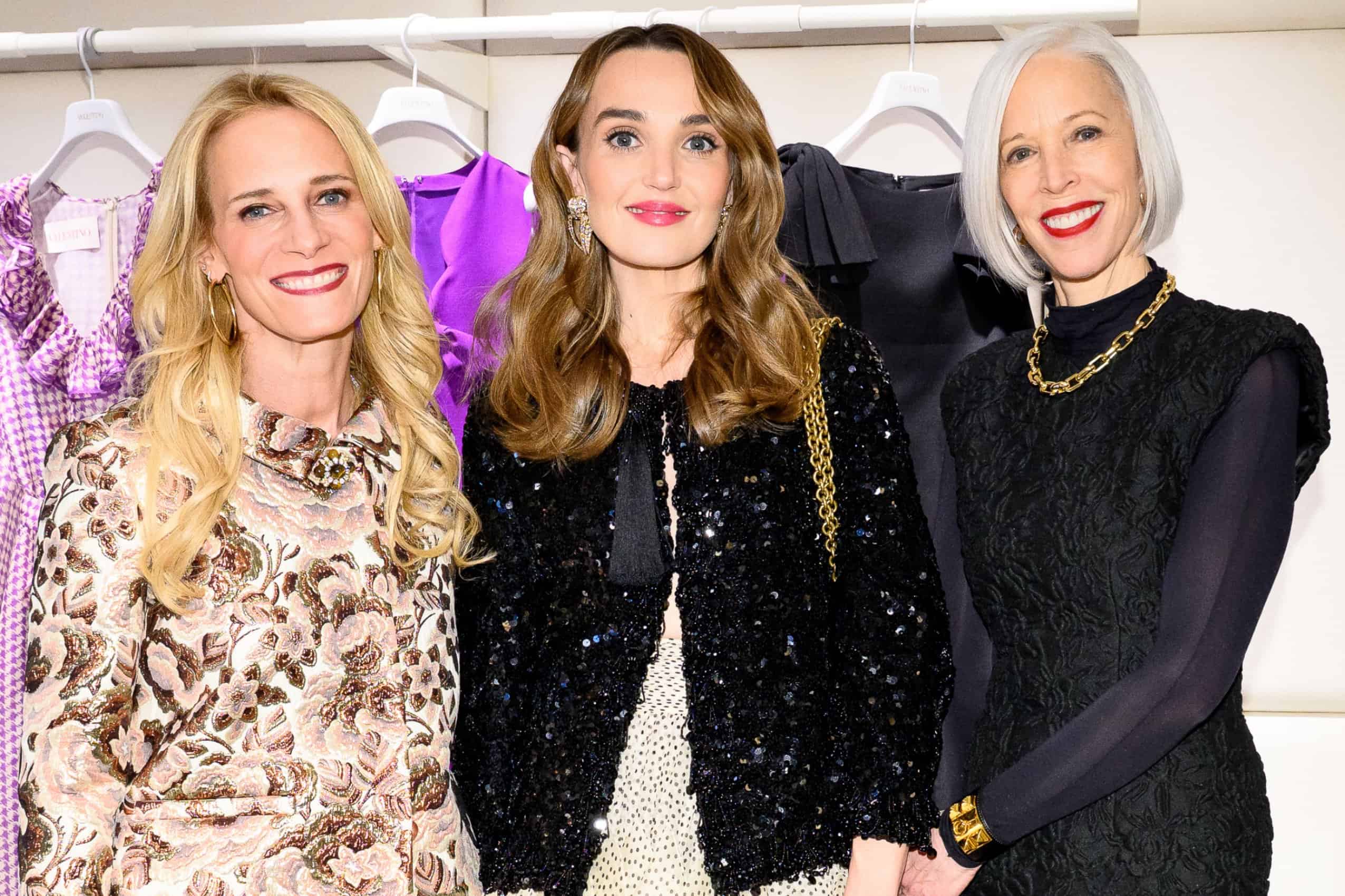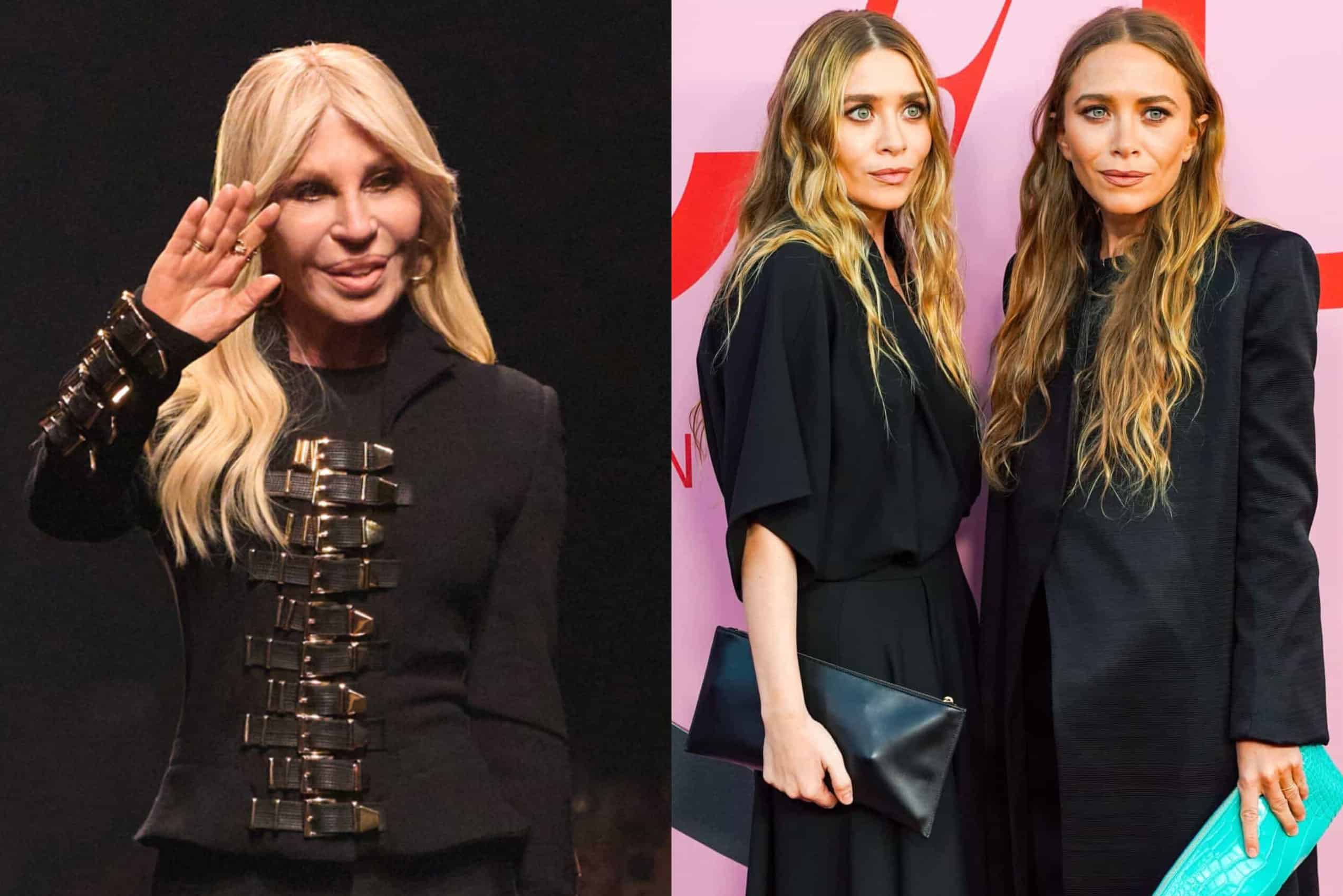Summary
- The movie cleverly satirizes Hollywood’s harmful racial stereotypes with a whimsical touch and big ambitions.
- The narrative loses momentum in the third act, covering too much and diluting its efficacy.
- There is bold creativity in how the film addresses divisive themes, though, sparking important conversations with a unique approach.
A meek Black artist, who’s always submissive when interacting with whites, joins a secret organization that protects Black people from racial violence. The American Society of Magical Negroes cleverly satirizes an age-old Hollywood trope before running out of steam in a somewhat labored third act. The term “magical negro” was brought into the mainstream by filmmaker Spike Lee and criticizes the Hollywood trope of stereotypical Black supporting characters that exists solely to help a white protagonist achieve their goals. Forrest Gump,The Green Mile, and The Legend of Bagger Vance are classic examples.
The American Society of Magical Negroes skewers this ideology by combining a Harry Potter-esque narrative with romantic comedy elements. The film opens with Aren (Justice Smith), a Black fiber artist, failing to sell any of his pieces at a crowded gallery opening. He’s further embarrassed when a white patron (James E. Welsh) mistakes him for a waiter. But instead of being offended or correcting the slight, he dutifully goes to fetch a cocktail. Roger (David Alan Grier), a seemingly innocuous bartender, notices Aren’s passive reaction — he’d rather help and support the white man than cause a scene.
Roger, a congenial combination of Booker T. Washington and Albus Dumbledore, approaches Aren after the party with a unique offer. He teleports him to the headquarters of the American Society of Magical Negroes. They’ve existed since Jefferson’s presidency with a singular objective. Keep white people happy and Black people don’t get killed. A stupefied Aren watches as Roger whisks him through several incidents where an upset white person may have caused injury to Black people, but didn’t, because they were soothed and supported.
A Creative Approach to the ‘Magical Negroes’ Trope
The American Society of Magical Negroes
2.5/5
Release Date March 22, 2024
Director Kobi Libii
Runtime 1hr 44min
Writers Kobi Libii
Studio Sight Unseen
Pros
- A light, whimsical touch and sweet romance are all delightful.
- A very clever fantasy of racial tropes.
Cons
- The film runs out of steam, losing momentum in the final 20 minutes.
- Tries to tackle too many topics, diluting its ultimate impact.
Aren’s first assignment places him at a trendy start-up tech company. Jason (Drew Tarver) is struggling to get ahead in the company, so Aren’s job is to boost his confidence until he reaches management material. A big problem arises when Aren takes a romantic interest in a beautiful and engaging colleague. Lizzie (An-Li Bogan) has awkward interactions with Jason because she thinks his work is subpar. He has a crush on her, but she has zero interest and senses great chemistry with Aren instead. He desperately wants to pursue her but risks a major disaster by abandoning Jason. Roger issues a stark warning: the magical negroes will lose their power if even one member deserts the cause.
There’s a lot to unpack here. First, let’s address the vitriolic social media reaction to the trailer release. Satirical humor is utterly lost on people willing to lash out without watching first and understanding the true meaning. The American Society of Magical Negroes is the ironic opposite of the Black Lives Matter movement with the same intent.
Focus Features
Roger and Aren placate a white police officer into preventing him from viewing them as threatening Black men in the first act. They take him to a hip dance club to boost his ego. This, of course, is completely ridiculous and degrading. The glaring point, however, is that they weren’t arrested, shot, or killed because of racial prejudice and discriminatory fear. Roger would rather be a live lackey than a dead Black martyr. The tongue-in-cheek message is entirely clear.
Aren’s character arc gives him the confidence to refute Roger’s reasoning and the magical negroes methodology. His presence as a Black man deserves equal respect. Why should he be targeted, live in constant fear, and be subjected to micro and overt aggression? Racial issues are explosive. We all view the world through different lenses. Writer-director Kobi Libii, a veteran actor in his feature directorial debut, wants his audience to laugh at the absurdity and empathize with Aren’s plight. His protagonist just wants to live, pursue his dreams, and be judged by his character rather than the color of his skin.
Related These Are Some of the Most Wickedly Vicious Satires in Movie History Satire is a way of using humor to address the problems in society, and these movies are excellent examples of the most savage use of satire in film.
A Thematically Overextended Film
Those offended by the portrayal of white supporting characters need to contemplate the bigger picture. Jason swears he doesn’t have a racist or sexist bone in his body. He’s dutifully earned everything without special treatment. This statement illuminates the cavernous divide. Jason has never experienced sexism or discrimination. Therefore, it doesn’t exist and is just a ploy for the undeserving to get ahead. He reflects the tunnel vision view incapable of abstract thought or compassion. Libii artfully flips the script. Why didn’t Bubba save Forrest, survive, and get to pursue his own shrimp boat?
Related Justice Smith’s 7 Best Performances, Ranked In anticipation of Dungeons & Dragons: Honor Among Thieves, let’s take a look at Justice Smith’s best performances so far, ranked.
A huge swath of the second act addresses the burgeoning romance between Aren and Lizzie. Bogan is genuine and likable in her first film. Lizzie is a woman trying to prove herself in an environment that doesn’t respect her contribution, something that many of us can understand. This subplot takes shape between the Aren and Jason tug of war. She’s not a prize to be won, but she also wants her needs met. Libii gets too expansive in this regard. The narrative overreaches with race, love, gender equality, and social justice swirling together in a somewhat diluted stew.
The American Society of Magical Negroes gets a recommendation for bold creativity. Libii addresses thorny and divisive themes with a whimsical touch. He’s not entirely successful, but a solid effort goes a long way. You don’t have to agree with his approach to respect the message. Watch with an open mind and form your own opinion.
The American Society of Magical Negroes is a production of Sight Unseen and Juba Lane. It will be released theatrically on March 15th from Focus Features.
You can view the original article HERE.

